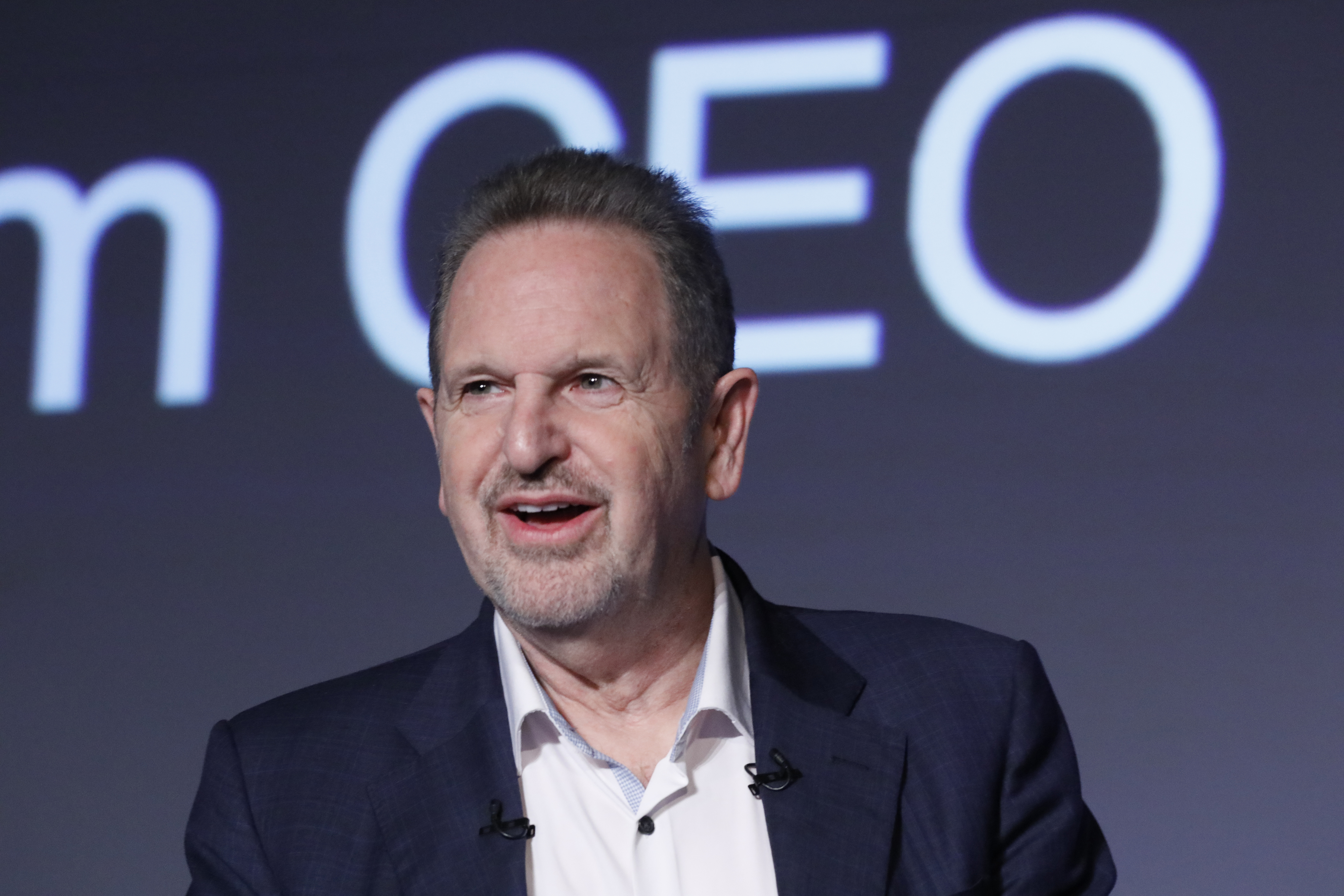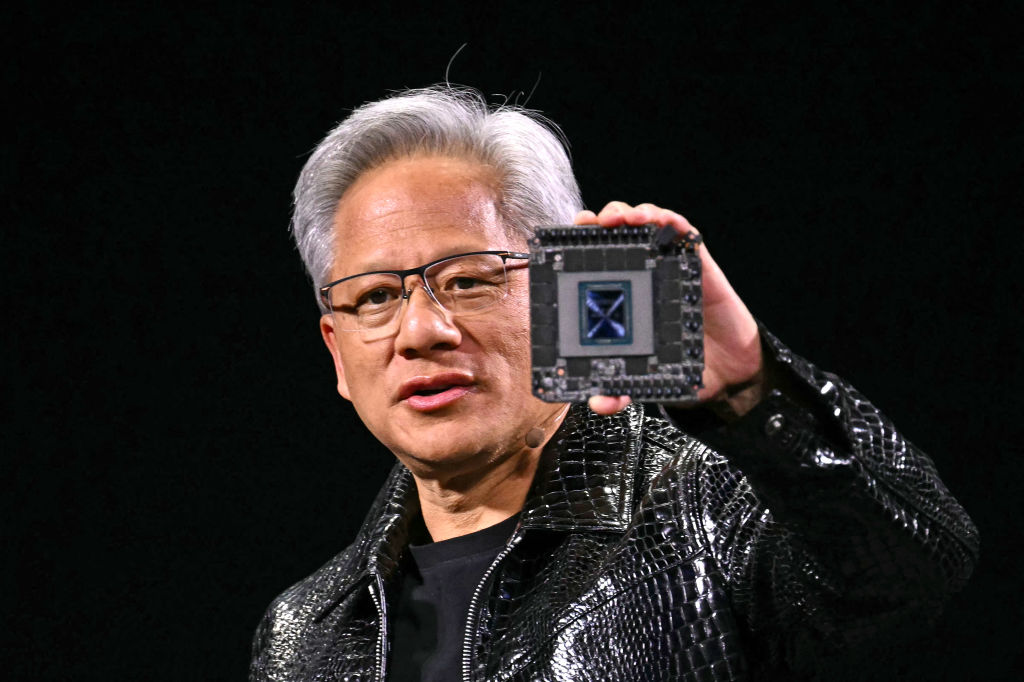“It’s not good”: Arm boss warns U.S. export rules on AI chips could backfire
Arm CEO Rene Haas and Nvidia’s Jensen Huang both say U.S. restrictions on AI chip exports might hurt global innovation

Nvidia has had to deal with the U.S. government putting restrictions on what the company imports via tariffs, as well as what it exports. Policies put in place under the Biden administration and continued under President Donald Trump restrict the company from selling AI chips to China, which undercuts its earnings possibilities.
Nvidia CEO Jensen Huang has been outspoken on how the export ban can be harmful in the AI race among different countries, as it could lead China to put more resources into speeding up the development of more advanced AI. His sentiment is being reciprocated by the CEO of another semiconductor company.
“If you narrow access to technology and you force other ecosystems to grow up, it’s not good,” Arm Holdings CEO Rene Haas told Bloomberg at the Founders Forum Global conference in Oxford. “It makes the pie smaller, if you will. And frankly, it’s not very good for consumers.”
The UK-based chipmaker is reportedly working on releasing its own AI chip sometime this year, and Meta is rumored to be one of its first customers.

Why is there a ban on exporting AI chips?
In 2022, the Biden administration implemented export controls on AI chips. The rules halted shipments of the chips to China due to national security concerns. For Nvidia, this includes its A100 and H100 chips. This was then modified the next year to include the company's A800 and H800 chips as well.
Before the Biden administration ended, another set of restrictions was implemented, splitting countries into groups. The first group included allies such as Japan, Taiwan, and Germany, which were largely exempt from restrictions. The second group consisted of only Russia and China, and both countries were prohibited from receiving any AI chips from U.S. companies. Then a third group was created for other countries, such as India and Singapore, that had caps on how many chips were allowed to be shipped.
Last month, the Trump administration removed these guidelines, and it reportedly plans on negotiating deals with the different countries. China, however, was still restricted from receiving the AI chips.
Sign up to receive The Snapshot, a free special dispatch from Laptop Mag, in your inbox.
While the Trump administration dropped the guidelines, it also warned of the Chinese tech company Huawei's development of its Ascend AI chips and how the use of those chips would violate U.S. trade policy.
Huawei's jump into AI chip production is a concern for both Haas and Huang.
Haas told Bloomberg that Huawei has become “quite formidable," and Huang says the U.S. is a generation ahead of China, although that won't last long.
“If the United States doesn’t want to partake, participate in China, Huawei has got China covered, and Huawei has got everybody else covered," Huang told CNBC at the Viva Technology conference in Paris.

A veteran journalist and award-winning podcaster who specializes in reporting on conspiracy theories, misinformation, business, economics, video games, and tech.
